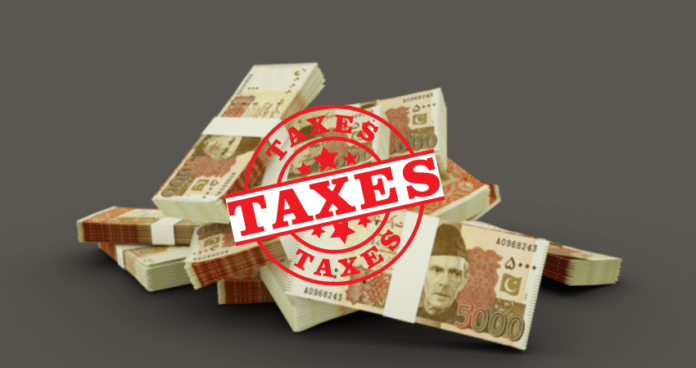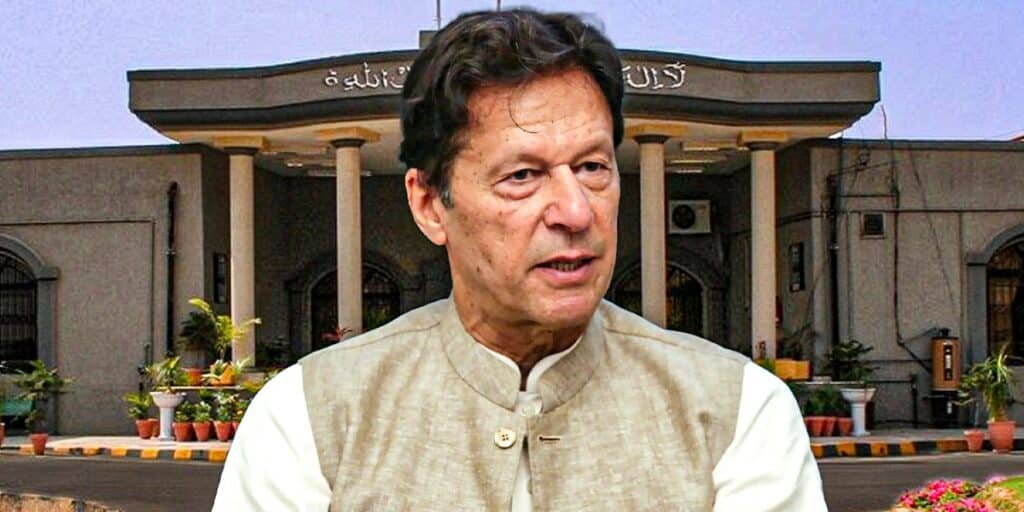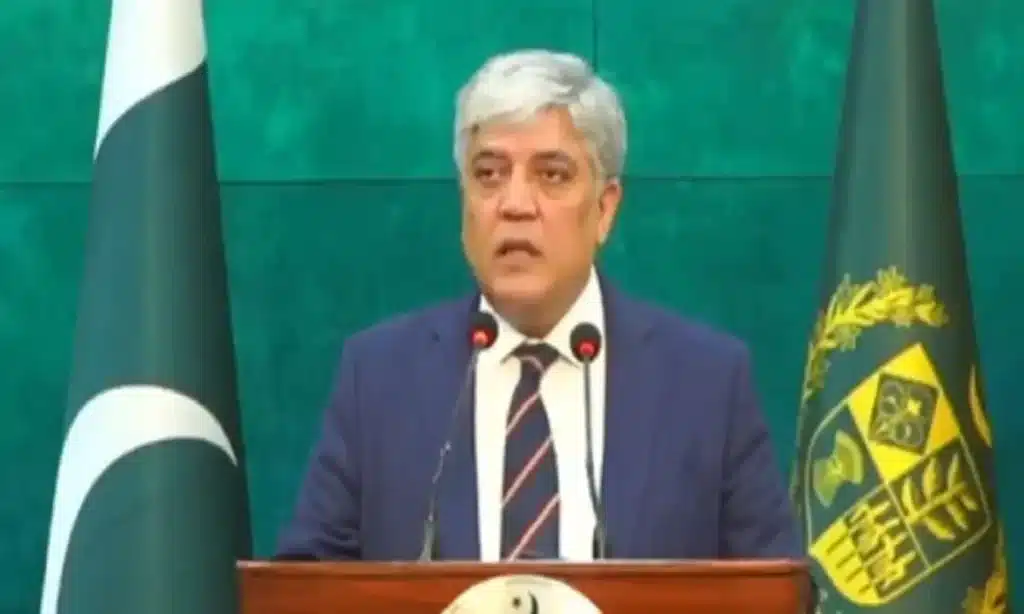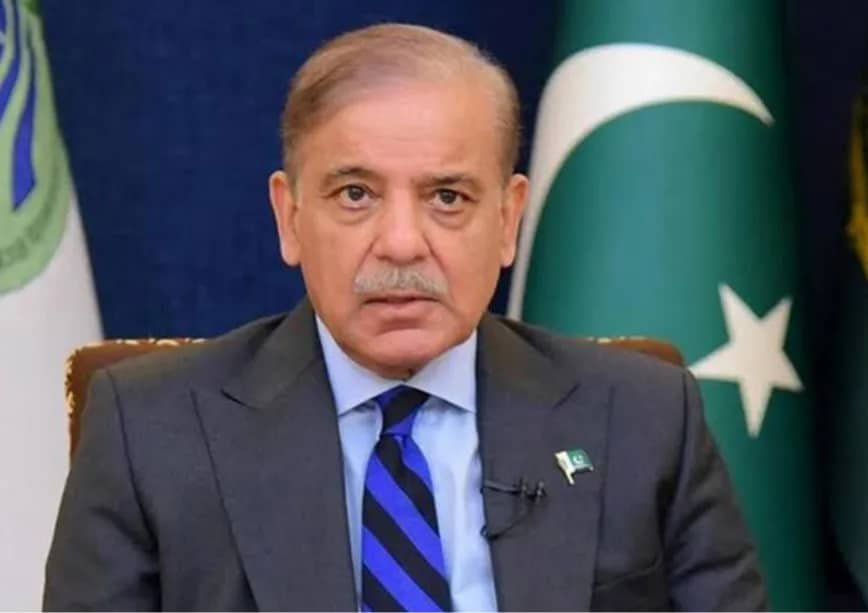ISLAMABAD: To overcome the loan repayment gap and to provide relief to the salaried class, the IMF has set a condition for taxing pensioners in the budget, however, it seems a difficult decision for the government.
According to media reports, the IMF has expressed its conditional willingness to reduce taxes on the salaried class in the federal budget 2025-26. According to a private TV, economic expert Shahbaz Rana has said that the IMF says that the government should tax pensioners to reduce the tax burden on the salaried class. Taxing pensioners is a difficult decision for the government. Moreover, the government’s plan for record additional collections in the form of petroleum levy, the possibility of a major inflation shock to the public in the budget, according to sources, the collection of Rs 1,311 billion from petroleum levy during the fiscal year 2025-26 has been estimated, which is Rs 194 billion more than the target of the current fiscal year, i.e. Rs 1,117 billion.
According to media reports, the government has presented a plan for record additional collections in the form of a petroleum levy to the IMF, due to which the public is likely to face another major inflation shock in the budget of the next fiscal year. The direct burden of the additional levy will be borne by the public in the prices of petroleum products, which will further increase inflation.
According to the estimates for the new fiscal year, the amount of the petroleum levy will be the highest ever in the history of the country. The levy rate is already at the highest level in the country’s history, with Rs 78.2 per litre on petrol and Rs 77.1 per litre on high-speed diesel being collected from consumers. From July 2024 to March 2025, Rs 833.847 billion has already been collected as petroleum levy, while a total of Rs 1,019 billion was collected from this item in the last financial year 2023-24.
It should be noted that earlier, the government had increased the petroleum levy on petrol by Rs 8.2 per litre. The levy rate on petrol was increased to Rs 78.2 per litre. The petroleum levy on diesel was increased to Rs 7.1 per litre. The petroleum levy on diesel was increased to Rs 77.1 per litre. The government had increased the levy on petrol by Rs 8.2 per litre and the levy on diesel by Rs 7 through a presidential ordinance.
Earlier, the government had increased the petroleum levy on petrol and diesel by Rs 10 each after announcing that maintain the prices of petroleum products. According to a notification issued by the Petroleum Division, the petroleum levy per litre was increased from Rs 60 to Rs 70 per liter from March 16, while the petroleum levy on high-speed diesel was also increased from Rs 60 to Rs 70 per litre. The levy on diesel was also increased by Rs 10 per litre, after which the levy on diesel was increased from Rs 60 to Rs 70.





